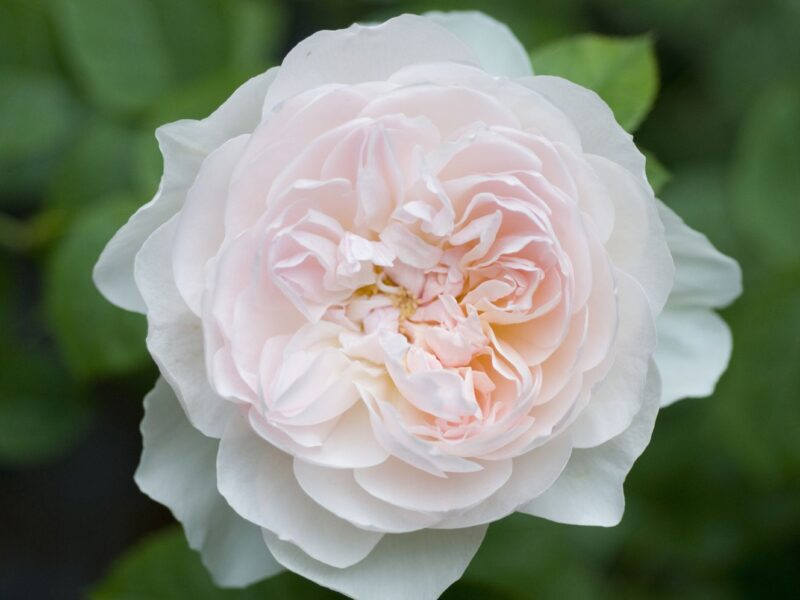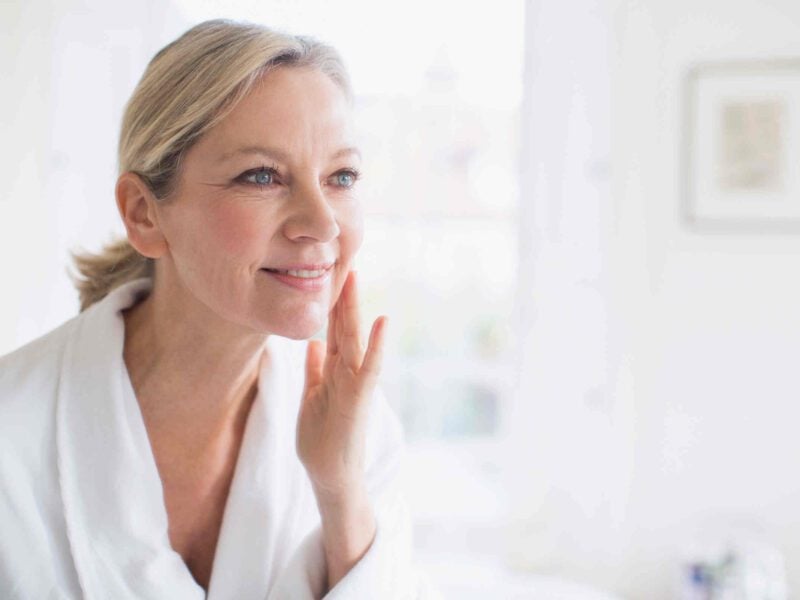
How to use essential oils to reduce stress? The science behind the scents
Essential oils have gained popularity in recent years. They’ve been marketed as an alternative form of medicine to help with various ailments, including stress.
Essential oils are compounds from plants. The oil gives off the scent & flavor of the plant it comes from. This aromatic “essence” of every essential oil is achieved through distillation, cold pressing, or other methods.
After the smell chemicals get extracted, they get mixed in with a carrier oil that makes the essential oil ready to be used.

How essential oils work
When researching how to use essential oils, it’s important to understand the science behind them. Essential oils are often used in aromatherapy, which means they’re commonly inhaled. They aren’t meant to be eaten, and the chemicals in the oils can affect the body in a number of ways. The skin absorbs some of the chemicals when applied directly.
Although scientific research is limited on this, there are people who say various inhaling or application methods work better than others for absorption. While some people prefer infused steamers, others prefer incense, which is often burned during meditative practices.
According to Healthline, inhaling the smells from essential oils can stimulate various areas of the limbic system. The limbic system is where some emotions, behaviors, long-term memory, and sense of smell get controlled in the brain. This is largely down to the terpenes which are present in essential oils. You can read more about terpenes, and even purchase some, at FinestLabs.com. However, essential oils and their role in the brain haven’t yet been confirmed in studies.

Popular essential oils
Healthline says there are over ninety types of essential oils. Every essential oil has a unique smell and they’re used for different benefits.
Peppermint is said to help with energy levels & digestion, lemon is known for its potential benefits for mood & headaches, jasmine has been used to help with depression & libido, and people have said chamomile can help with mood & relaxation.
Other popular essential oils include tea tree, ylang ylang, rose, bergamot, lavender, and sandalwood.

How to use essential oils for health benefits
Not much research has been done on the effectiveness of essential oil treatments for health issues. They’re popular though, and many people claim they work for them. One health benefit people use essential oils for is their help with stress & anxiety. According to Healthline, forty-three percent of people with stress & anxiety have used alternative therapy as a treatment.
There are studies that show aromatherapy through essential oils has had positive results when used with traditional therapy. However, the reviews of many studies on the topic have said the effects of essential oils for reducing stress have been inconclusive.
Essential oils have also been used as a treatment for headaches, migraines, sleep, insomnia, and inflammation reduction. Studies have also been conducted and showed positive results for some essential oils being used as antibiotics.

How to use essential oils for other purposes
Essential oils are used for a variety of reasons, not just for health benefits. People also use them to make their homes or laundry smell better. There are devices called diffusers that are meant to diffuse essential oils around a room.
Healthline says essential oils are also commonly used in high-quality natural products and sometimes cosmetics.
Some studies have shown that some essential oils can be effective at repelling mosquitoes.

How to use essential oils correctly
Buying the right essential oils can be tricky. Healthline says that high-quality oils can be found based on the product’s purity, quality, and reputation.
When shopping for essential oils, look for ones that contain only aromatic plant compounds and don’t have additives or synthetic oils. Also look for products that are chemical-free and extracted through distillation or cold pressing. Additionally, look for brands known for high-quality products.

How to use essential oils safely
Natural doesn’t always mean safe, and that goes for essential oils, too. Most essential oils are safe, but some of the compounds in them can cause harm if not used correctly. There are also those who shouldn’t be using essential oils, including children, pets, and people who are pregnant.
Healthline says that some common side effects of essential oils are rashes, asthma attacks, headaches, and allergic reactions. Not everyone will have a negative reaction to essential oils, but the potential for them is a good thing to keep in mind.
When used safely and with caution in mind, essential oils are said to be overall a beneficial and positive experience.
—
Do you use essential oils? If so, which ones are your go-tos? Let us know in the comments!







